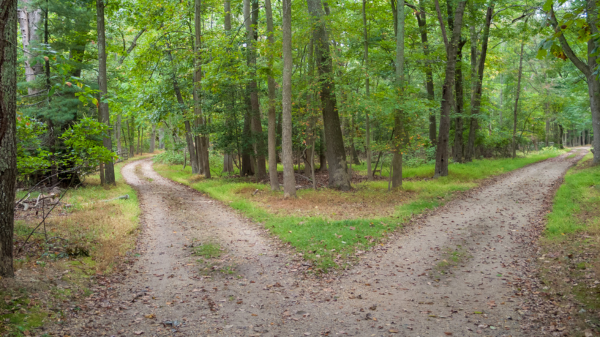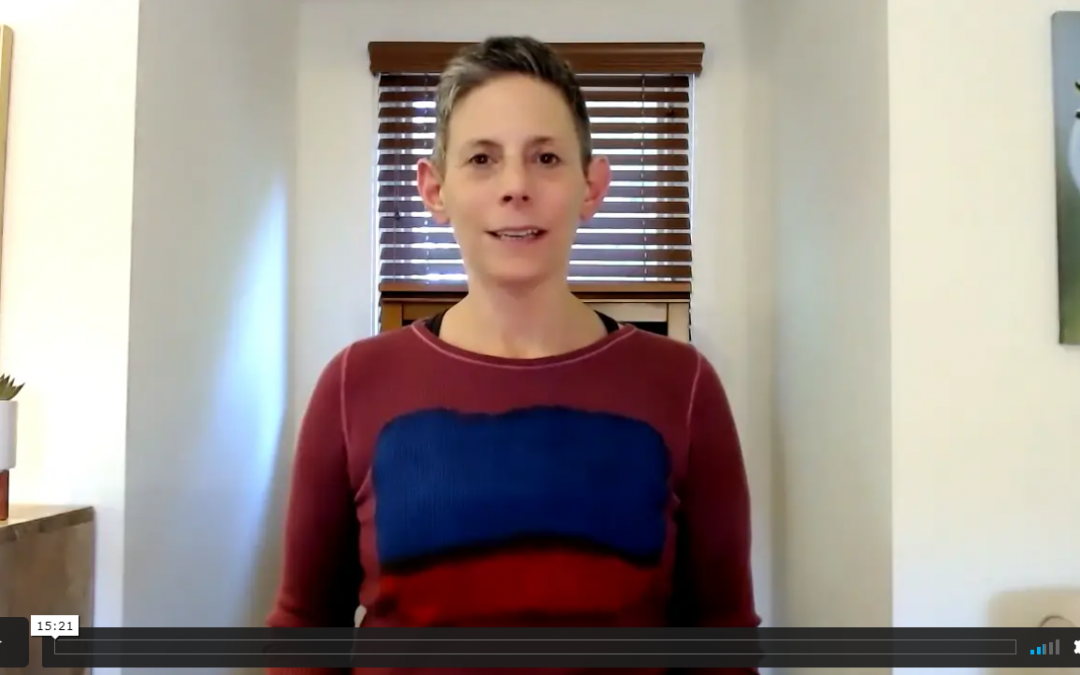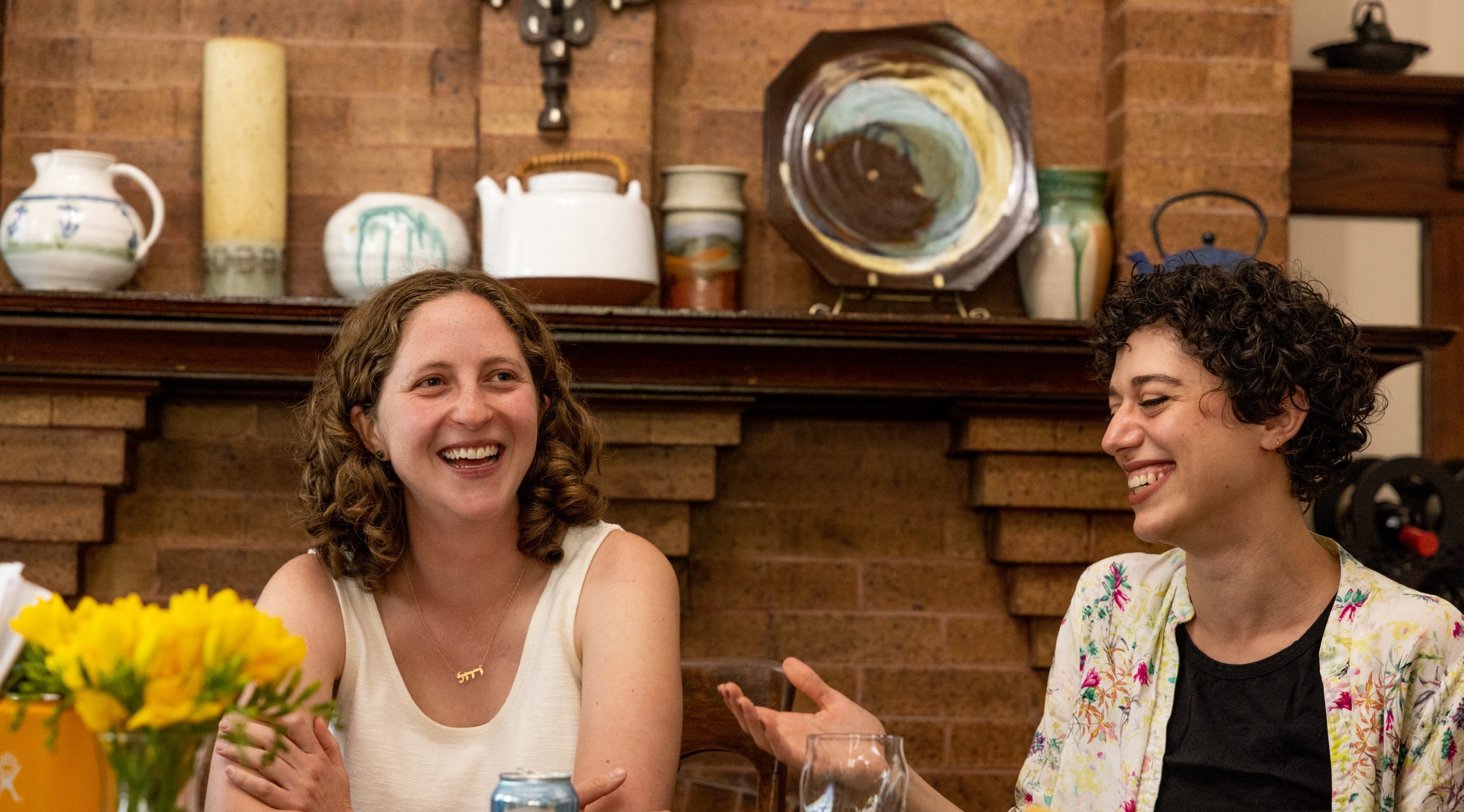
Pre-Passover Pausing in the Kitchen Practice
For those who observe the practice of kashering our kitchens for Passover, this process can induce a lot of excitement, but it can also engender a small or great deal of anxiety for many. Changing over the dishes; removing every scrap or loaf of chametz/ leavened goods from the fridge, the freezer, the pantry; from the floor (tiny crumbs count!); from the oven and the stove; from the seat cushions and at the backs of cabinets and drawers, and more–these physical tasks are not easy nor simple. There are a multitude of rules regarding the physical aspect of cleaning the kitchen for Passover.
There are also the mental, emotional and spiritual dimensions of these intensive preparations of turning your kitchen space upside down each spring. How do you mentally and emotionally relate to this work of cleaning, clearing, re-organizing, releasing and throwing away, buying and bringing in kosher for Passover items related to food storage and preparation, and eating?
For me, and perhaps for you, the kitchen in general is a multi-use space in which many multivalent activities take place. Whether you live alone or with a partner, friends, family members, or pets, you might spend more time in the kitchen doing things rather than being quiet and simply resting and sitting still. And those things might be charged with emotions of excitement, anxiety, pleasure, fear, shame, grief, stress, and more.
You might feel obligation: sweep the floor; empty the dishrack or dishwasher; cut the vegetables; clean the drain; put the groceries away….You might feel happiness: the smells, tastes, colors and textures of food and drink you enjoy fill that space. You might feel nothing: rushing to get the thing prepared, eating on the run, throwing the dish towel on the counter and closing the door behind you as you hold the go-mug of coffee in one hand, your work bag and keys in the other. If you experience any food-related allergies or struggle with food and body image issues, addictions, or other emotional stresses centered around food and eating, being in the kitchen may cause mild or serious discomfort.
Whatever they are, there are likely many emotions and activities that we center in the kitchen space. Think of the recent Republican response to the President’s State of the Union address that took place from the speaker’s kitchen, in which she referenced its sacred centrality in the life of her family as a central gathering place for having serious discussions. In the midst of so many ways in which the Passover holiday is filled with emotions, and its preparations too, charged in so many loud and busy ways of doing, it can be hard to slow down, relax, and bring mindful attention and meaning to all of this emotional and physical work. One small act of liberation can be to find freedom from the habituated doing in this space, and practice being, kindly and differently, right there in the presence of the fridge, freezer and stove, as you prepare for Passover.
The following practice can help you slow down and create some space between yourself and the usual business and habituated ways of being in the kitchen in which you need to get or do something. You can prepare yourself to begin your chametz clearing and cleaning from a place of mental and emotional quiet and stillness akin to a Shabbat state of mind:
Before you begin your Passover cleaning, find a comfortable place to sit in your kitchen. After several breaths to feel the floor under your feet and the seat under your bottom, bring awareness to the sense of physical sight. If you are not able to see physically, bring awareness to the senses you recruit to locate yourself in this space.
Let your eyes (or your hearing or hands through touch) begin to just receive the space you are in, just as it is. Let your eyes rest on some object in the room. Just be with this mixer or frying pan. No need to do anything to it or with it. Let the cabinet just be in the present with you as “cabinet”. Just this. Let your eyes scan slowly, taking in and finding your attention focused on, dropping into, as it were, relating to the object in a passive or simply gazing kind of way. You don’t need to do anything to or with it.
Notice physically if you feel the urge to get up and throw something away, or put something back, or if you suddenly feel the impulse to eat the apple or banana or cookie you see on the counter. Try to just notice all the impulses to move and do in this room. Let yourself be a witness to this space as a quiet, still environment where you can just rest in being, right here, right in this kitchen.
Notice your emotions as they arise and pass. Can you be with the energy that a feeling might hold? Pay attention to the thoughts that come and go. You may have a thought: I need to put aluminum foil on those stove burners–aak!–I need to go back to the store to get more foil first. And that thought might immediately be followed by an emotion such as anxiety, or fear or worry, or impatience (forget this contemplation practice, I’ve got to DO stuff now!). Allow yourself to practice staying with the sensations, feelings and thoughts as they come and go, and bring awareness back to simply looking. Simply being with this moment, in this kitchen space.
You can practice bringing kind attention to these waves of internal stimulation, and just allowing yourself to rest quietly, in relative stillness, in this kitchen, with nothing that you need to clean, produce, fix, throw away, clear out, wipe down, tape up, or otherwise change. Just bring your awareness to the colors, shadows and light, the “thingness” of the things around you and of yourself in this space.
After seven to ten minutes of awareness practice in your kitchen, notice if you sense any shift in your being. When I practice this each year before beginning Passover cleaning, I usually note some greater ease, sometimes even peacefulness, and a rush of compassion for our humanity as Jews who undertake in our various ways this aspiration-for-liberation-inspired-kitchen-makeover each spring. See what you notice.
And if, after beginning or at any point during the intensive doing that you immerse in as you prepare your kitchen for Passover, you can notice if the heart rate is increasing and your mind is wandering or if your anxiety is rising; know you can pause. Take that seat again, and simply stop the doing. Return your eyes or hands or ears to awareness of yourself in this space that is inherently ok just as it is, and so are you.
Perhaps this kind of pausing practice is a taste of liberatory consciousness that you can bring to this moment, and every moment, taking a seat in whatever “kitchen” you find yourself in. Simply be in it, just as it is; letting your breathing, and sitting, and the space itself be enough without more potchkying (technical word meaning fussing or messing with something more than necessary, trying to improve it). And perhaps, into this kind of spacious awareness, you can taste awareness of the sacredness of this moment, this activity, this season, just as you are. So may it be!





